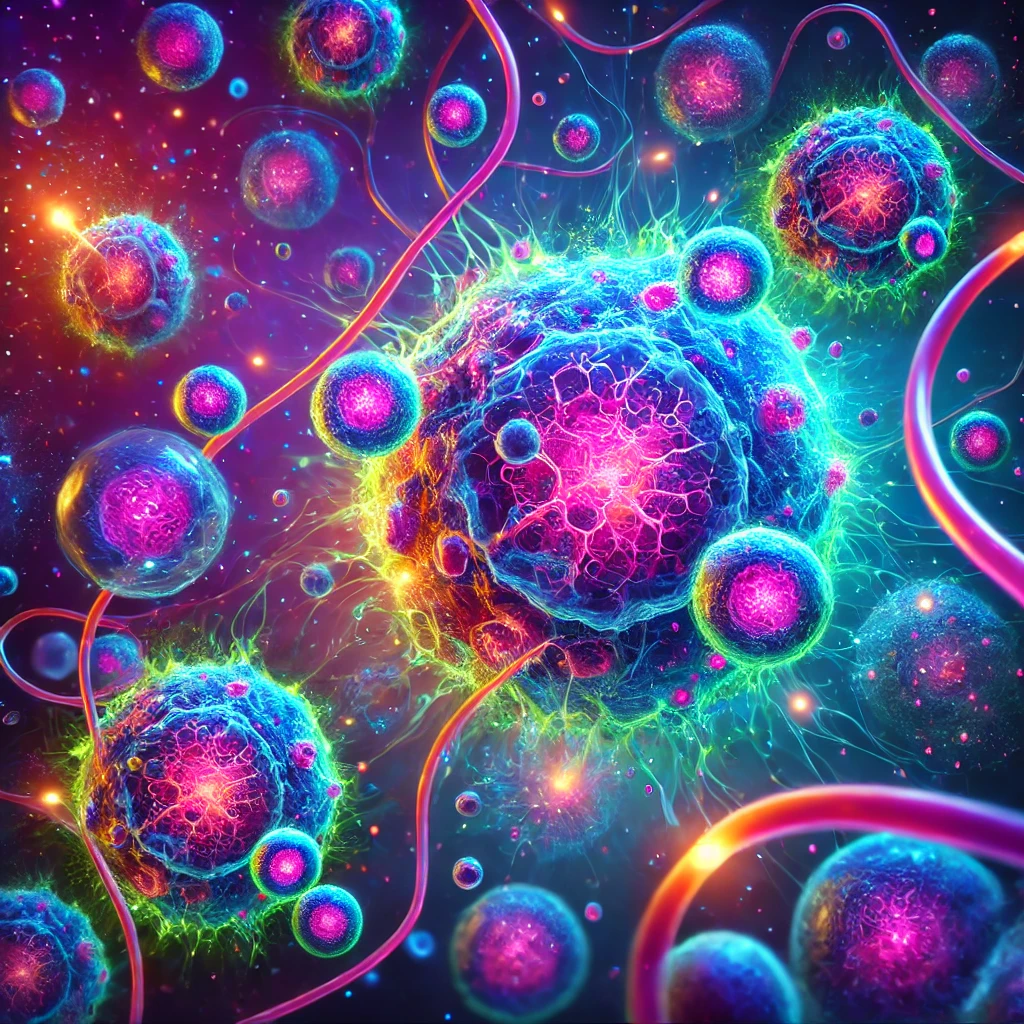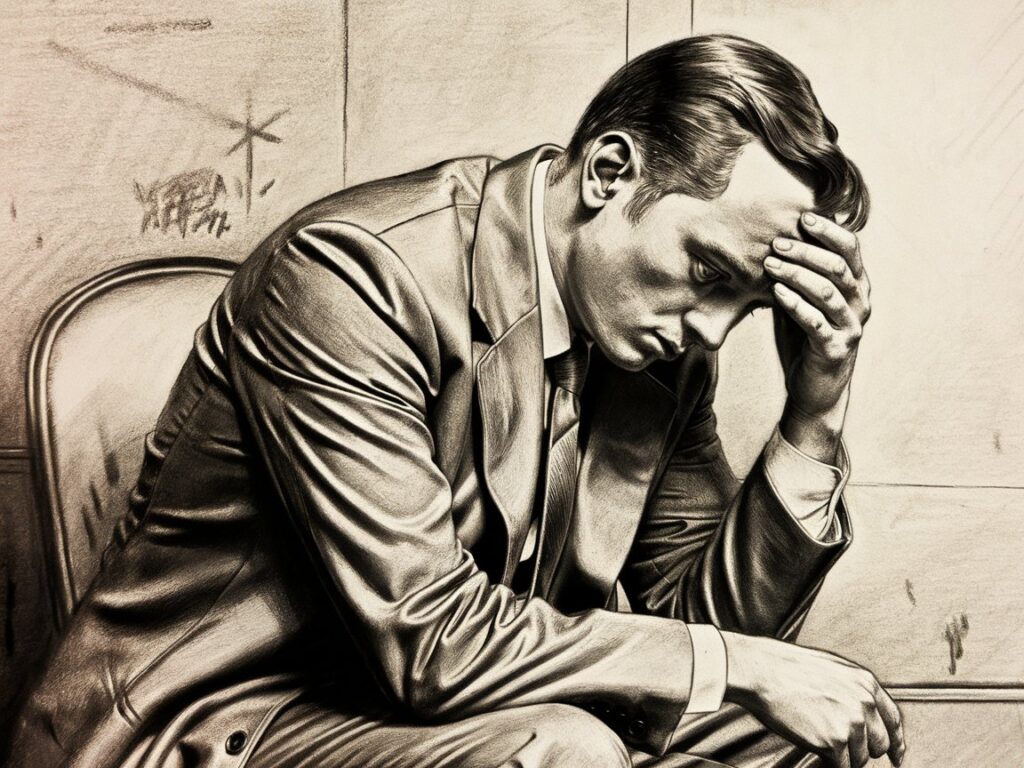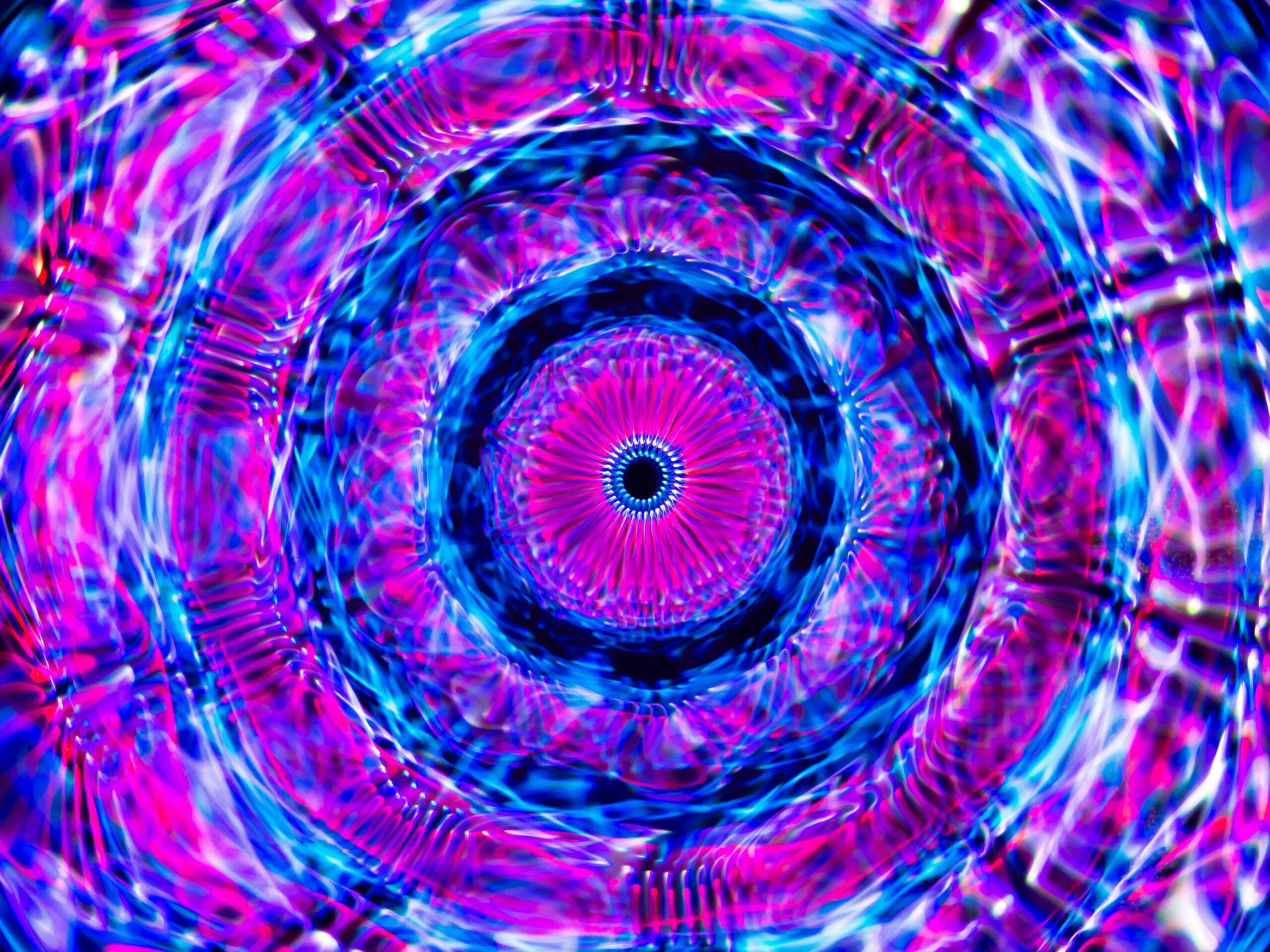Physical Address
304 North Cardinal St.
Dorchester Center, MA 02124
Physical Address
304 North Cardinal St.
Dorchester Center, MA 02124


LSD (commonly known as acid) is one of a long list of psychedelic drugs that are regularly used by individuals all over the globe. Whilst the use of LSD and other psychedelics is normally for recreational purposes, the use of LSD to treat psychiatric conditions is an exciting, up and coming area of research that shows greater promise each and every day.
LSD was first synthesised in 1938 by the Swiss chemist Albert Hoffman. Hoffman himself was the first to ever use the drug, and after taking a dose 10 times the therapeutic dose, began hallucinating whilst trying to cycle home, cementing LSD as the first psychedelic to ever be created. The usage of LSD as a recreational drug has gradually increased after its initial discovery, and whilst exact numbers are unknown it is estimated that over 20 million people alive today have used LSD in the US alone.
LSD, when taken in high doses can reportedly cause vivid hallucinations and many report a sensation of relaxation and a slowing down of time. However, its undoubtable that anyone could put the experience better than the man who invented LSD itself:
“I could see unprecedented colours and shapes … Kaleidoscopic, fantastic images surged in on me … opening and then closing themselves in circles and spirals, exploding in coloured fountains, rearranging and hybridising themselves in constant flux“
Albert Hoffman (1943)
Psychedelic therapy in itself is a paradox: In the short term LSD therapy puts people into states of psychosis, causing them to hallucinate, altering their sense of self, and mentality. However, in the long term LSD therapy has been proven to reduce anxiety, depression and lead to a more open minded state. This leaves research in a confusing position as to understanding exactly how LSD therapy works, on the one hand LSD appears to temporarily cause psychosis, yet on the other hand it can simultaneously treat depression and other psychiatric illnesses.
What is currently known about LSD therapy is that it acts on a very similar system within the brain as many other antidepressants – the serotonin system. Whilst serotonin is a key molecule for many systems within the brain, and many functions, one of its key roles is in the regulation of mood and is commonly known as the happy molecule. Many modern antidepressants aim to increase the amount of serotonin available for the brain, to boost mood. Unlike common antidepressants LSD has been shown to alter the serotonin system in its entirety, changing how the brain reacts to serotonin availability. This larger change is thought to be how the long term effects of LSD can cause a lasting and significant improvement in mental wellbeing.
This neurological change is a part of a term common to many neuro-scientific studies and breakthroughs – neural plasticity. Neural plasticity is the brain’s ability to rewire itself and form new neural connections. Essentially the brain’s ability to be able to be changed and moulded by external influence and by the actions, thoughts and habits of an individual. Whilst neural plasticity begins to decrease as we age – which is where the common term “you can’t teach an old dog new tricks” originates, LSD has demonstrated a remarkable ability to boost neural plasticity, enabling a long term shift and benefit from its treatment.

Current therapies for depression include a range of drugs, many of which haven’t been updated for several decades. This includes one of the most common medications prescribed across the globe to treat depression, sertraline. Sertraline, and other drugs of its kind, known as SSRIs have been in development since the 1970s with little alteration to their formulation since then. Whilst there are several more classes of drugs and many therapies that are given to aid the treatment of depression, great strides are needed in the field to combat the globe’s current growing mental health epidemic.
“The mental health crisis is the defining public health crisis of our time.”
Dr. Vivek Murthy
The world is facing a mental health crisis, with rising rates of depression, anxiety, and loneliness, especially among younger generations. Social isolation, economic instability, and the long-term effects of the COVID-19 pandemic have worsened mental well-being. Social media also plays a role, contributing to anxiety and low self-esteem. Despite the growing need for support, access to mental health care remains limited due to cost, availability, and stigma. Many current treatments, including therapy and medication, are ineffective for some, highlighting the urgent need for new, innovative mental health drugs. Research into psychedelics, novel antidepressants, and other breakthroughs could offer hope where traditional treatments fail. Whilst nothing is guaranteed, LSD has begun to demonstrate potential that it may be able to fill this vital gap.
Research for using LSD to treat not just depression, but a whole host of psychiatric conditions has been carried out by a number of universities all over the world, and much of the research has produced promising results. Whilst giving LSD alone has been shown to improve mental health, in and of itself, many research teams are leaning towards what is known as LSD assisted psychotherapy.
Psychotherapy is a widely practiced form of cognitive therapy and has been used to treat everything from depression to schizophrenia for decades, with varying results. Whilst it isn’t used in common practice, and much more research will be required until people are receiving LSD assisted psychotherapy in day to day life, this novel form of therapy seeks to combine the positive chemical aspects of LSD and the cognitive benefits of psycotherapy.
LSD assisted psychotherapy essentially seeks to ‘take advantage’ of the state of mind that LSD induces, and using that to a patients benefit, giving psychotherapy at the same time to make an individual more susceptible to receiving its benefit. Whilst current evidence is limited, it has shown some initial success, a study looking at reducing symptoms of depression and anxiety in people with serious health conditions such as cancer showed over 70% of patients improved in their mental state following LSD assisted therapy.

As with any drug, LSD is not without its drawbacks. As there is such limited research in the present day, knowing what doses are required and how LSD will react to each patient to produce the best outcome is ultimately a mystery. Furthermore, it is important to understand that the context in which the drug is used can have an enormous impact on how an individual reacts to it, for example, the different experience in using LSD in a controlled research setting vs in an uncontrolled environment with the use of other drugs, and alcohol at the same time would be vast.
Although many of the side-effects, and to that end, the effects of LSD are taken primarily from accounts of individual experience, the following are known to be the most notable:
Another important point of note is the ‘bad trip’ phenomenon. This is where a specific experience of LSD, produces extreme fear, anxiety and psychosis. This is theorised to be due to, as previously mentioned, the setting and the current mental state of the individual who takes the drug. Essentially the positive benefit that is intended to be taken from the drug, ultimately becomes flipped on its head, and the loss of control of sense of time, sense of self, and control of one’s senses, becomes a truly horrifying experience. This can ultimately lead to dangerous actions and decision making, which greatly increases the risk associated with therapeutic and recreational use of LSD.
“If a drug has no side effects, it likely has no effects at all”
Dr. Carl Jung
LSD remains illegal in most countries, classified as a Schedule I drug in the U.S. and similarly restricted elsewhere. However, some parts of the world have begun to shift their stance. Oregon has decriminalised psychedelics, and Australia recently approved psilocybin and MDMA (another commonly abused psychedelic) for medical use, signalling potential future changes for LSD. Many of the worries and troubles surrounding the legalisation and decriminalisation of LSD come from the control of the setting in which it is being used. While studies show its therapeutic benefits, overcoming legal hurdles in situations like this often take many years to resolve. Critics argue that widespread legalisation could lead to recreational abuse, making it harder to regulate. Overcoming these challenges requires continued research, clear safety guidelines, and government support for LSD assisted therapy.
Due to its low toxicity and non-addictive nature, LSD overdoses and deaths linked to toxicity of the drug itself are almost non-existent. However, LSD has been linked to crimes and tragic incidents, often due to impaired judgment or preexisting mental health issues in people using the drug. Cases of accidental deaths have occurred, typically from reckless behaviour rather than overdose. Some individuals have experienced psychotic breaks, leading to violent or dangerous actions, although these incidents are rare. The media has historically exaggerated LSD-related crimes, fuelling stigma. However, ensuring proper therapeutic use requires strict protocols and screening for mental health risks. While LSD itself isn’t inherently dangerous, responsible regulation is necessary to minimise risks and prevent misuse in unregulated settings.
In conclusion, the potential of LSD as a treatment for depression is both exciting and complex. While research into its therapeutic benefits is still in its early stages, the results so far are promising. Studies suggest that LSD, when used in a controlled setting with professional guidance, may provide significant relief for individuals suffering from depression, anxiety, and PTSD, offering effects that last far beyond a single dose. This stands in stark contrast to traditional antidepressants, which often come with long-term side effects and limited efficacy for some patients.
However, there are considerable challenges to overcome before LSD can be integrated into mainstream mental health care. Legal restrictions, regulatory hurdles, and the need for rigorous research are major obstacles, as is the stigma surrounding psychedelics. Despite these challenges, ongoing clinical trials and increasing interest from medical professionals point to a future where LSD, alongside other psychedelics, could become a key component of mental health treatment.
It is important to emphasise that LSD should never be used outside of a clinical or supervised setting due to its potential risks, such as psychosis, unpredictable experiences, or harmful behaviour. If legalisation and safety protocols continue to progress, psychedelic-assisted therapy could represent a groundbreaking shift in the way we treat mental illness.
As we move forward, continued research, open dialogue, and careful regulation will be essential in unlocking the full potential of LSD as a therapeutic tool, ensuring that it can offer lasting relief for those struggling with depression and other mental health conditions.
“Psychedelics can show you the full spectrum of consciousness. It’s a tool for healing, not for escape.”
DISCLAIMER: SCIPLANE and the author(s) of this post and site do not endorse or support the unlicensed use, purchase, or possession of illicit substances. This article is for informational purposes only and does not constitute medical or legal advice.